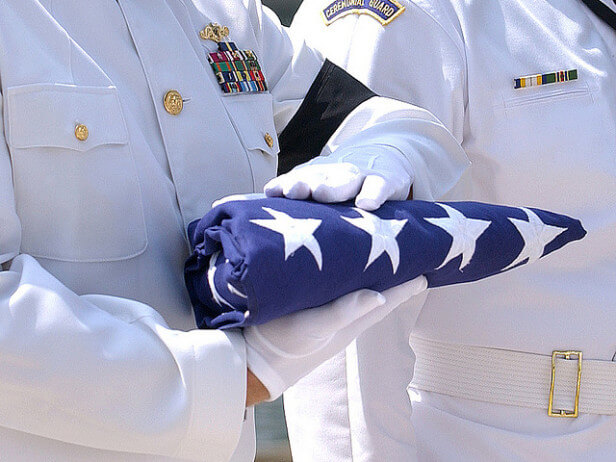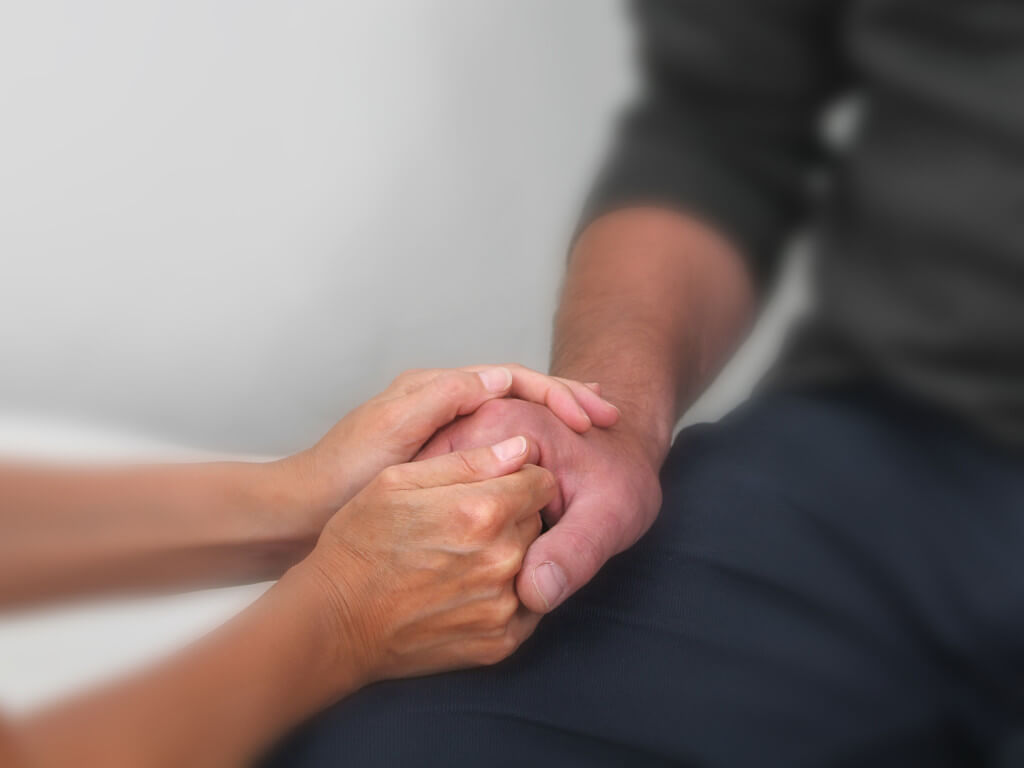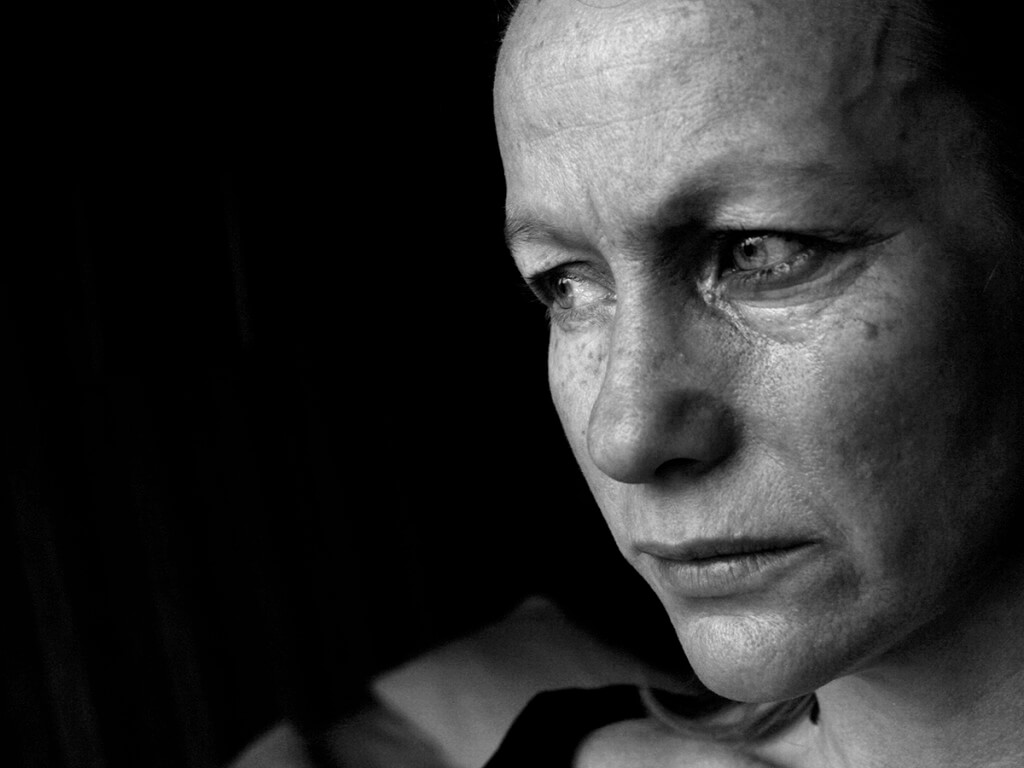What can we do to care for a family while their loved one is away serving our country?
The girl that grew up next door to us has been going through this. I usually talk to her once a week, and some of her friends do really nice things for her: They have helped her with car pooling her kids, and have invited her kids to dinner, but not her, so she had some time off. Two of her friends took her on a special weekend outing for her wedding anniversary, and her mom took take care of her kids.














